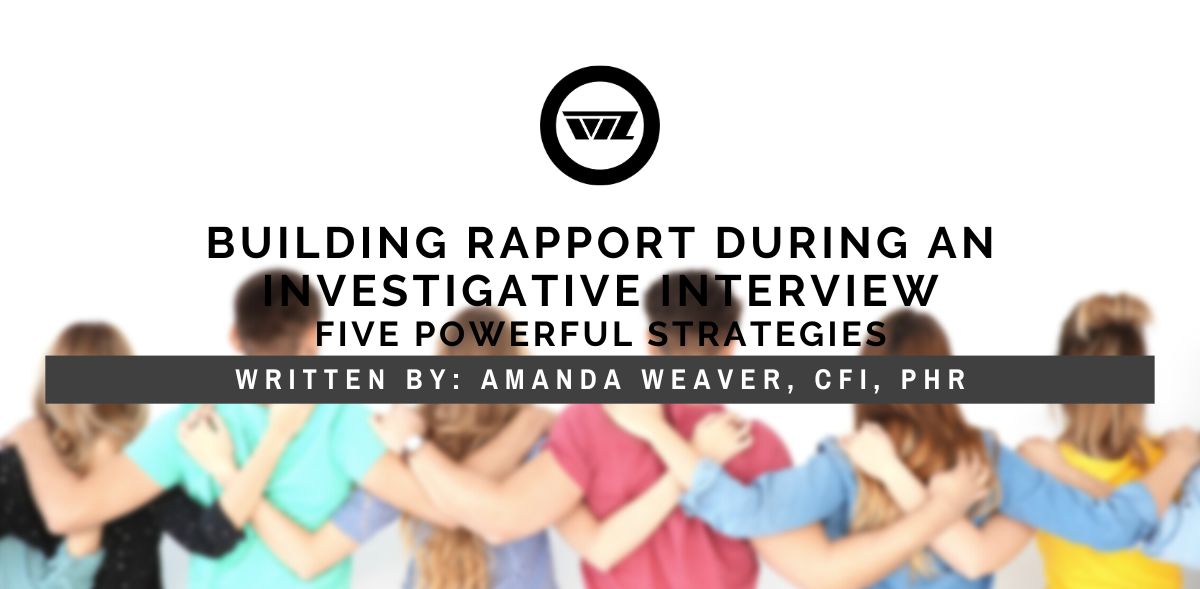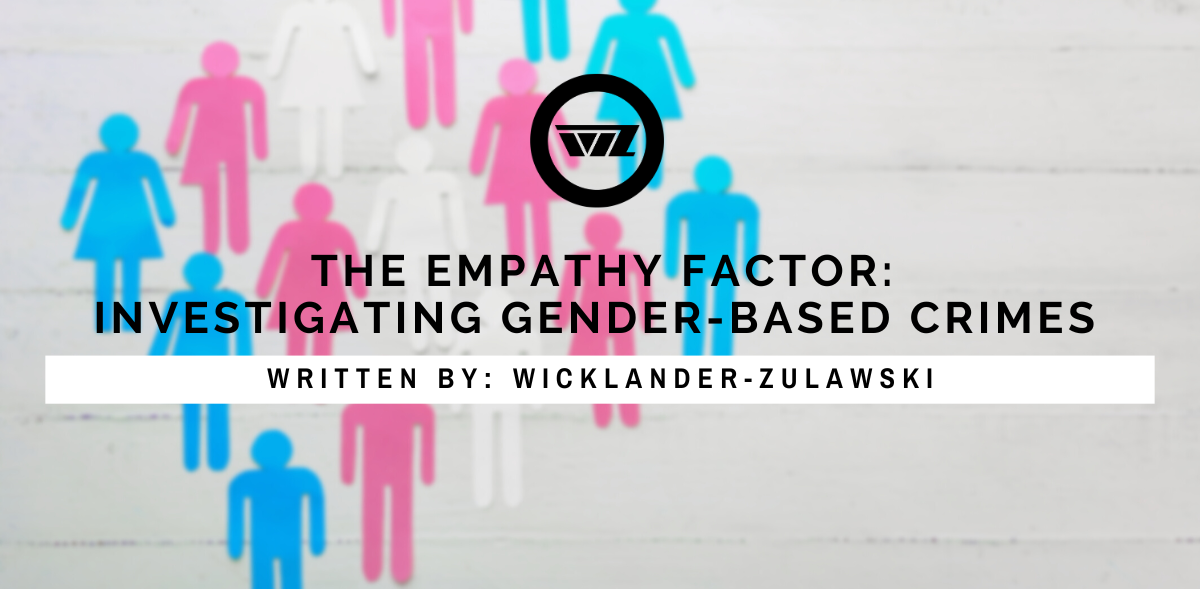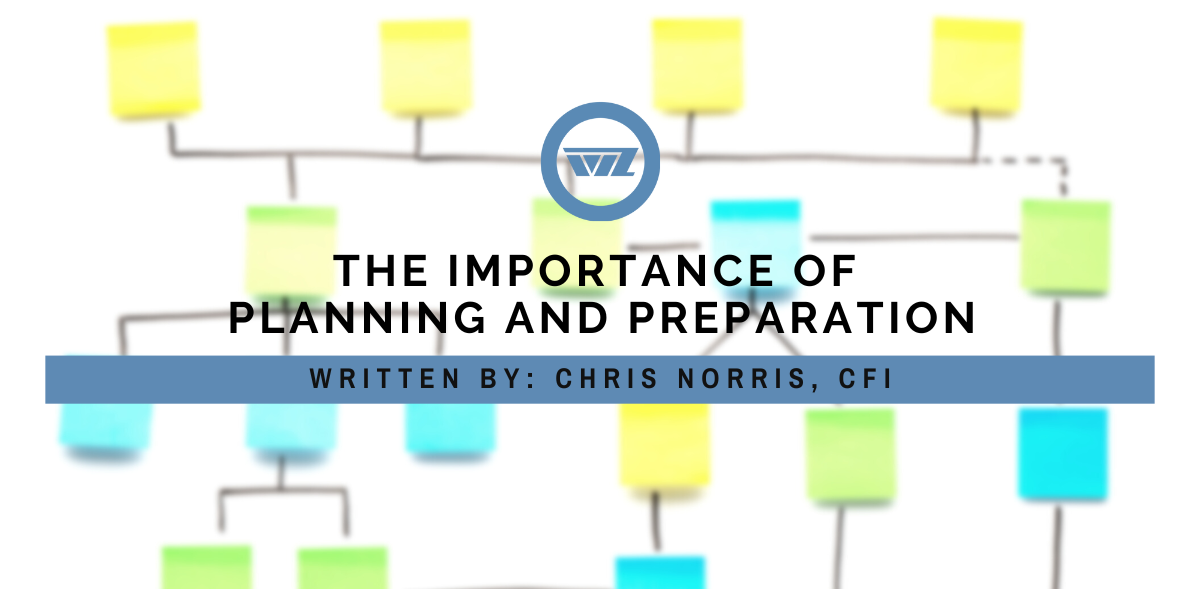Research offers practitioners effective communication methods to gather information. One such example is rapport building. Many studies have demonstrated the positive effect of building rapport on outcomes such as interviewee cooperation and information disclosure.
Because an interviewer depends on the interviewee’s willingness to cooperate, evidence-based interviewing techniques are essential in creating a connection. In conjunction with maintenance, rapport building offers a path toward more successful interactions. Whether in the workplace or field, an interviewer’s techniques can impact credibility, reputation, and morale positively or negatively.
Rapport plays a role in different contexts, such as the workplace and social settings. It’s the basis of all communication and a critical element of successful communication; therefore, it is essential even in conflict resolution settings.
When mediating or resolving conflict, some basic principles include establishing a positive, trusting, and productive relationship between conflicting parties. Rapport, by design, incorporates those principles by building trust, promoting autonomy, improving communication, fostering collaboration, and creating positive outcomes.
You may be familiar with the phrase, ‘People like people who are like them.’ This mode of expression is an example of Similarity Bias1 or the ‘birds of a feather’ effect. This bias refers to the tendency of people to prefer and be attracted to others who share similar characteristics, such as beliefs, values, interests, backgrounds, and demographic factors. Having this knowledge, it stands to reason that building rapport with other parties increases your chances of finding a way to resolve conflict.
TRANSLATING RESEARCH TO PRACTICE
Build Trust
Rapport helps to build trust between conflicting parties. When individuals feel comfortable and connected, they are more likely to be open and honest about their perspectives, needs, and concerns. This openness can bridge the gap between conflicting parties and pave the way for a more productive dialogue.
When we build trust and encourage mutual attention, involvement is depicted by the simple idea that my focused attention on you makes you feel involved in the interaction and vice versa. An essential component of rapport is when we both simultaneously attend to one another and feel engaged in the exchange.
Create a Safe Space
When rapport is established, individuals feel more comfortable and safe sharing their thoughts and emotions. This can be characterized by all parties engaged in the interaction having positive attitudes toward one another. Signs of acceptance, such as nonverbal behaviors, can signal mutual positivity. In a conflict situation, creating a safe space for individuals to express their views without fear of judgment or retribution can be crucial to resolving the conflict.
Foster Empathy
Rapport can help to foster empathy between conflicting parties. When individuals feel connected to one another, they are more likely to understand and appreciate the other person’s perspective. This empathy can help to de-escalate the conflict and create a more collaborative and solution-focused environment.
Encourage Cooperation
Rapport can encourage individuals to work together towards a common goal. When individuals feel connected to one another, they are more likely to be willing to compromise and find mutually beneficial solutions to the conflict.
Working together can also be described as the feeling of being ‘in sync’ or aligned with the other parties involved in the interaction. Rapport-related coordination includes smooth turn-taking in conversation, in which the listener acknowledges understanding, agreement, or attention with a forward lean, head nods, and brief encouragers. This type of active listening is active in everyday social encounters but is quite subtle. The powerful effects of active listening result in greater rapport building and maintenance in the interaction.
Find Common Ground
Rapport can help individuals to find common ground and identify shared goals and interests. By focusing on what they have in common rather than their differences, conflicting parties can find a way to move toward a resolution.
When people are motivated to create an affiliation with others, they automatically and unconsciously increase their active listening. When people actively listen to one another, their communication becomes a choreographed dance. To the extent that the communications are synchronized, we feel more rapport, increasing our trust in those we communicate with. Such rapport-based trust is instrumental during conflict resolution.
Building rapport between conflicting parties helps create a more positive and collaborative environment, leading to a more successful conflict resolution.
NEED MORE PRACTICE WITH RAPPORT BUILDING, EMPATHY, AND CONFLICT RESOLUTION? CONSIDER A CUSTOM WEBINAR SERIES FOR YOUR TEAM OR ORGANIZATION!
1 Tarallo, Mark (2020, March 31) How Managers Can Overcome Their Personal Biases
Amanda Weaver, CFI, PHR brings over 18 years of private sector experience. She brings a diverse retail background, including specialty, luxury, big box, and distribution/fulfillment center segments. Amanda is well versed in all areas of investigations, loss mitigation, inventory management, and strategic planning.




